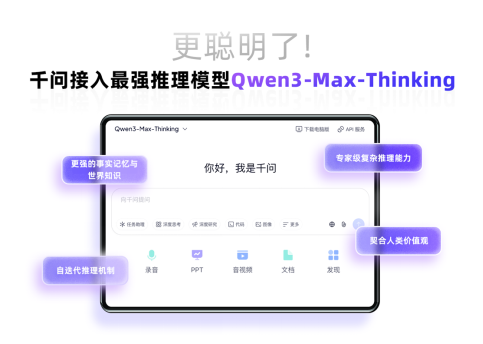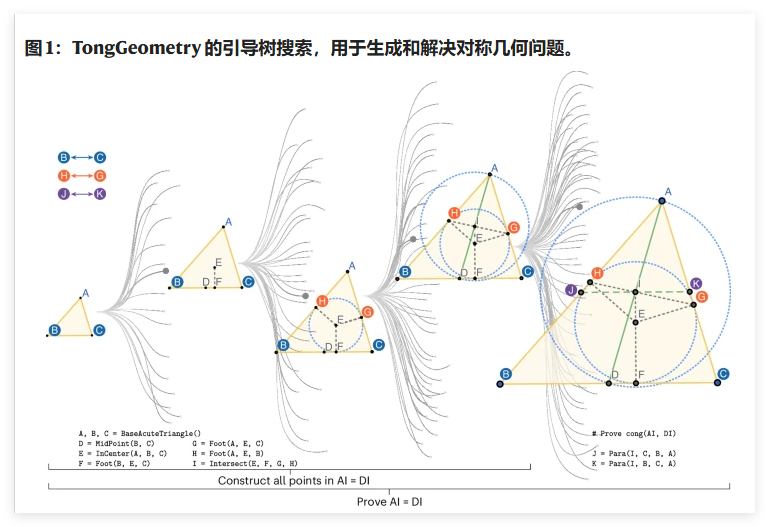Tech Giants Wage War for Top AI Talent
The Intensifying Battle for AI Talent
In today's rapidly evolving artificial intelligence landscape, tech giants are locked in an unprecedented competition to secure top-tier AI researchers. Companies like Meta (formerly Facebook), Google, and emerging startups are deploying aggressive recruitment strategies reminiscent of professional sports team bidding wars.

Image source note: The image is AI-generated, provided by the AI image generation service Midjourney
The New Compensation Benchmark
Recent reports reveal that salaries for top AI researchers now rival those of NBA stars, with compensation packages reaching seven figures. Meta CEO Mark Zuckerberg has been particularly aggressive in this talent war, offering premium salaries alongside substantial equity packages.
"We're seeing a fundamental shift in how tech companies value technical expertise," explains Dr. Elena Rodriguez, a tech industry analyst at Stanford University. "AI researchers who might have earned $300,000 annually five years ago are now commanding $1 million+ packages with stock options."
Beyond Financial Incentives
The recruitment battle extends beyond pure financial compensation:
- Research freedom: Top candidates demand autonomy over projects
- Publication rights: Maintaining academic credibility remains crucial
- Cutting-edge infrastructure: Access to supercomputing resources is non-negotiable
- Ethical alignment: Many researchers prioritize companies with clear AI ethics guidelines
Google and Meta have responded by creating specialized AI research campuses that blend academic environments with corporate resources. These facilities often include dedicated publication teams to help researchers maintain their academic profiles.
The Startup Challenge
While tech giants dominate the headlines, well-funded AI startups are competing fiercely through:
- Faster decision-making processes
- Higher equity stakes
- Opportunities to shape company direction
- Less bureaucratic research environments
The competition has become so intense that some startups now include "anti-poaching" clauses in employment contracts specifically targeting FAANG companies (Facebook/Meta, Apple, Amazon, Netflix, Google).
Industry-Wide Implications
The talent war is creating ripple effects across the technology sector:
- University programs: Top AI PhD programs report 100% placement rates before graduation
- Compression effect: Junior researchers command salaries previously reserved for senior staff
- Geographic shift: Traditional tech hubs face competition from emerging centers in Toronto, Montreal, and Singapore
- M&A strategy: Some companies acquire startups primarily for their talent ("acqui-hires")
The situation shows no signs of abating as AI applications expand into healthcare, finance, and national security sectors.
Key Points:
- 💰 Compensation revolution: Top AI researchers now command compensation packages comparable to professional athletes
- 🏛️ Culture matters: Research freedom and publication rights often outweigh pure financial offers
- 🌍 Global battleground: The competition spans traditional tech hubs and emerging research centers worldwide
- 🚀 Startup advantage: Smaller firms compete through agility and greater researcher influence
- 📈 Industry transformation: The talent war is reshaping compensation structures across the entire tech sector

